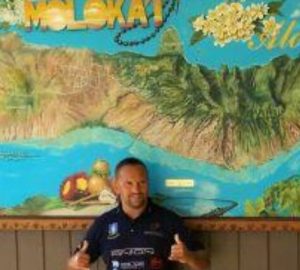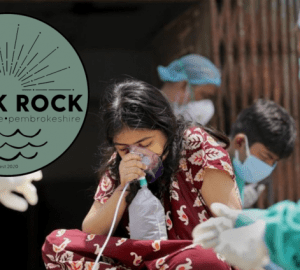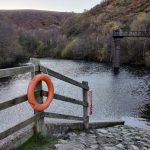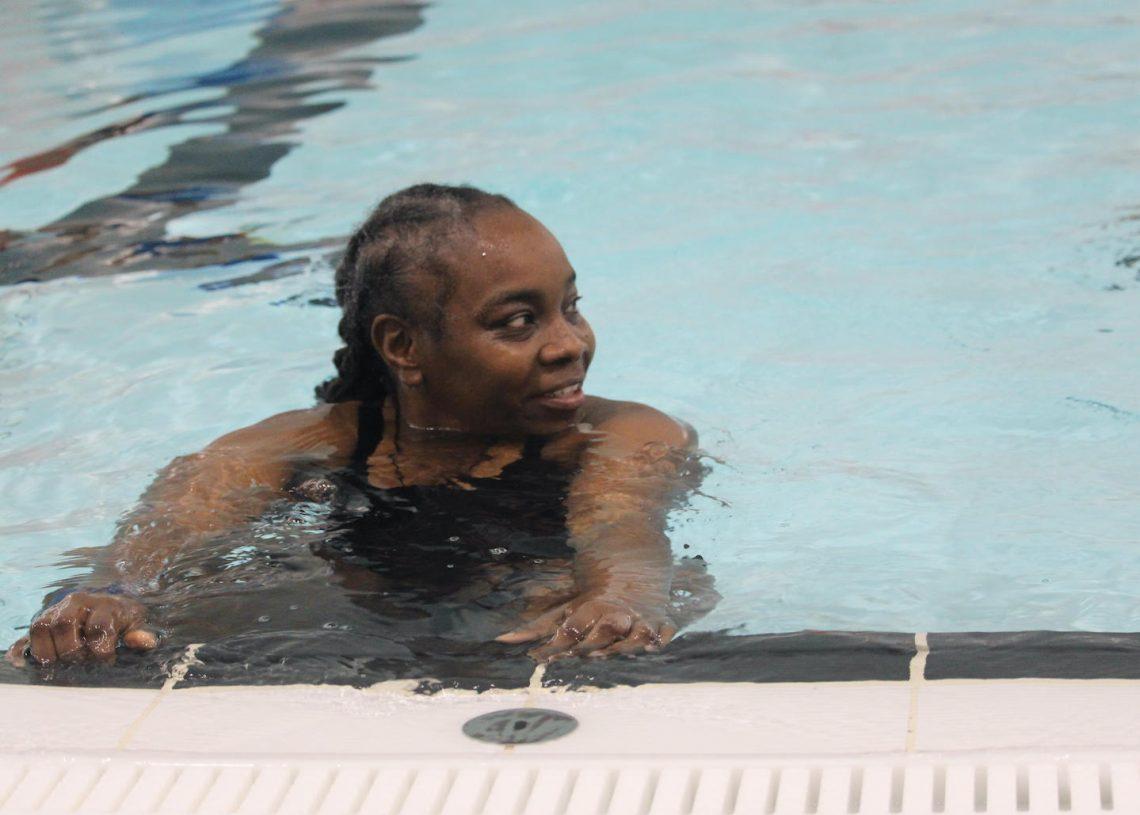
BSA announces expansion to drive inclusion and safety for ethnic minorities in aquatics
In celebration of its four-year anniversary, the Black Swimming Association has launched a new CIC to help continue its mission to raise awareness of water safety and drowning prevention among ethnic minority communities in the UK
Marking its fourth anniversary, the Black Swimming Association (BSA), has announced the launch of Inclusive Aquatics (IA). This community interest company will work in tandem with the award-winning charity to continue its mission to raise awareness of water safety and drowning prevention amongst ethnic minority communities in the UK.
The announcement comes at a time where the latest Active Lives data reveals that in England 96.5% of Black adults and 95.8% of Asian adults (excluding those who identify as Chinese) did not participate in swimming activities regularly, compared to 91.1% of White British adults.
Similarly, 81.8% of Black children and 79.4% of Asian children in England did not participate in swimming activities regularly, compared to 71.7% of White British children. In addition, data from the National Child Mortality Database shows that children of Black heritage in England have a 3.5x higher risk of drowning, compared to White and White British children.
Lots of work to be done
BSA Chair and co-founder, Danielle Obe, said, “When we founded the BSA four years ago, nothing could have prepared us for the transformative journey we, our communities and the sector would embark on.
“Whilst looking back we can see some evidence of progress, there’s much more ground to cover
and a lot more work to be done. We believe by expanding and launching The BSA Group, we are
in a much stronger position to deliver our vision.”
In a continued effort to tackle the issue, the charity and the social enterprise will work together
as two vehicles under one umbrella, known as The BSA Group. The group has a board of directors from IA and a board of trustees from the BSA, who are all working towards the same mission and values.
Water safety is a human right
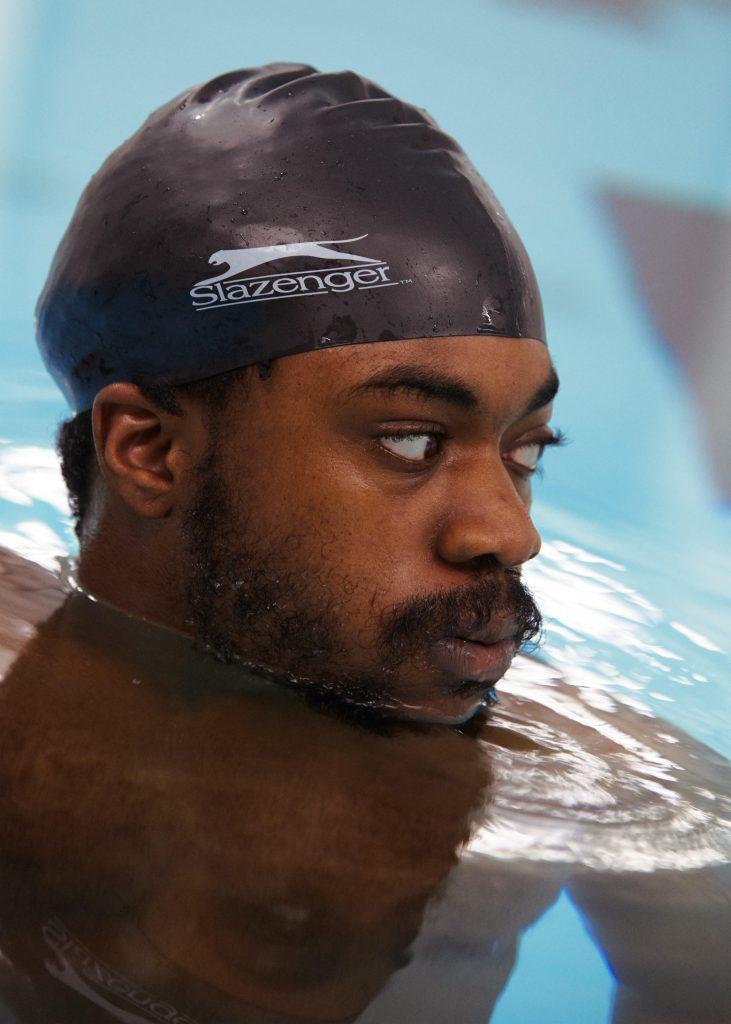
Steve Mitchell, director of Inclusive Aquatics CIC, said, “When the BSA was set up, it was established as a charitable foundation, which was an accurate approach at the time. Now, four years on and having experienced the changes in the aquatics sector – as well as the impact of the BSA’s work – we fundamentally believe that people becoming water safe is not a charitable endeavor, but instead a human right.”
Since its inception, the BSA has gained national recognition for its work around water safety and drowning prevention amongst African, Caribbean and Asian communities in the UK, including becoming a recipient of the National Lottery’s Project of the Year Award.
“The BSA’s research programme plays a vital role in furthering our mission, by exploring the barriers that prevent communities of African, Caribbean and Asian heritage from having equitable access to vital water safety education and all the benefits of participating in aquatics”, said the BSA’s Senior Research and Insights Executive, Georgie Milner Day.
Identifying the barriers
In July 2023, the BSA launched #OurSwimStory, which sheds light on the lived experiences of more than 1,400 adults from ethnically diverse backgrounds regarding water safety and aquatic activity.
The research identified multiple, complex barriers to safe aquatic engagement – including inadequate water safety knowledge, limited aquatic skills, a fear of water, the cost of aquatic activity and concerns regarding hair and skin care.
Despite these barriers, the findings also identified a latent demand, which reveals a major opportunity to foster equity in aquatics and to encourage everyone to find their place in the water.
The BSA has since shared the findings to a wide-range of stakeholders, including via a roundtable discussion at 10 Downing Street on World Drowning Prevention Day. The charity recognises that multi-sector collaboration will be necessary to implement the recommendations outlined in #OurSwimStory to increase water safety awareness and aquatic participation among these communities.
Sharing aquatic skills
The BSA has also resumed its water safety initiative, Together We Can ©. The five-week water orientation course takes non-swimmers, beginners and those who are aquaphobic through a bespoke water safety programme, which offers basic but essential water safety education and equips participants with vital aquatic skills like floating.
Jo Melchior, Head of Programme Design and Development said, “We have had the privilege of working with hundreds of people from all ages, backgrounds and heritage spanning across Africa, the Caribbean, Asia, the Middle East, Europe and South America. The unique offer of finding your place in any body of water – be that in the pool or other aquatic sports – resonates across all sections of society.”
Over the last three years, Together We Can © has hosted sessions in six London boroughs and has expanded to the Welsh capital, Cardiff. Hundreds of participants have graduated from the programme and many have subsequently progressed to become qualified Level 2 swim teachers – contributing towards the charity’s strategic plan of diversifying the aquatic sector’s workforce.
In 2024, with the support of IA, the BSA will continue to conduct its Together We Can © sessions,
as well as continue to commission groundbreaking research aimed at further understanding the
experiences and behaviours of underrepresented groups, and identifying opportunities to tackle
the barriers they face.
Images © BSA/Andre Jaques
Find out more about the Black Swimming Association (BSA) at thebsa.co.uk






